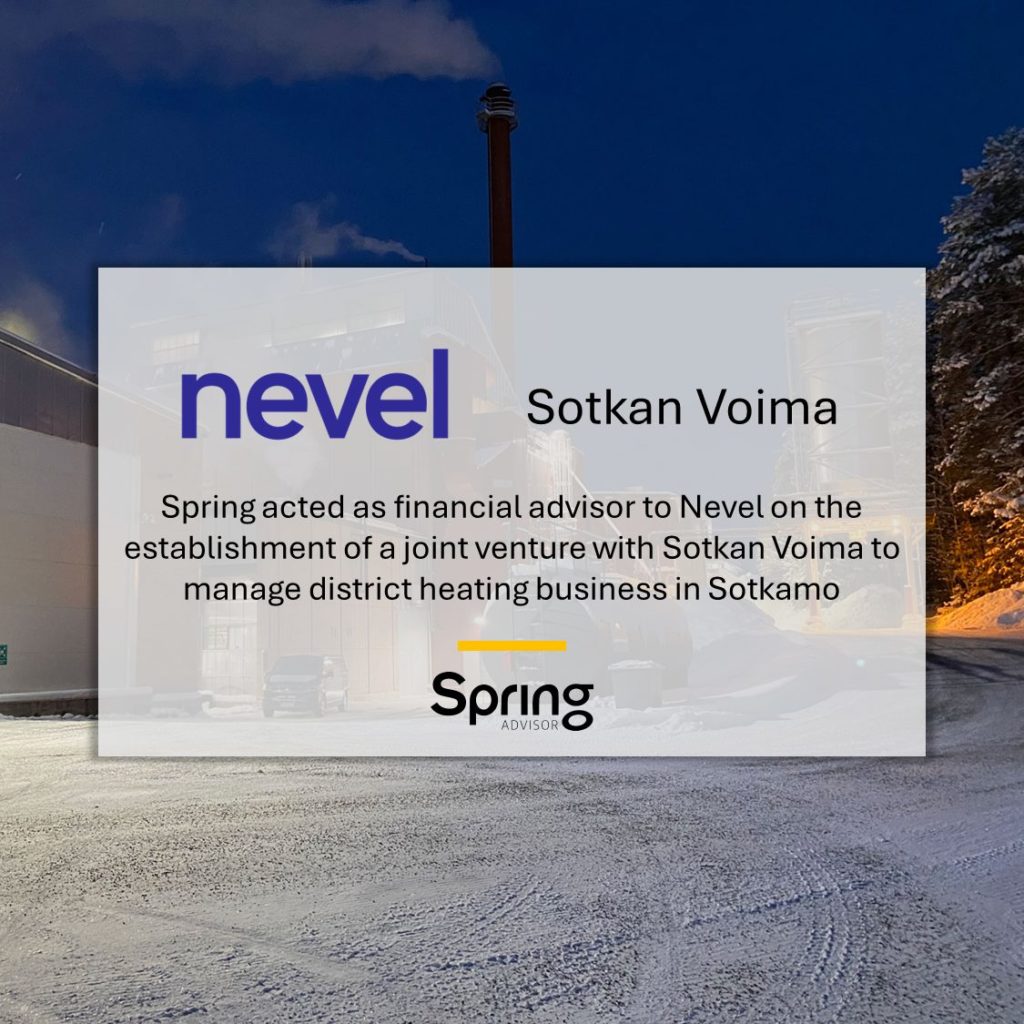A consulting project is like an evening with a symphony orchestra. Even if the sheet music and program are the same as yesterday, every performance is unique. The same applies to consulting – each client’s situation, goals, and teams are different.
You can expect a good outcome from a high-quality consultant every time, regardless of the project, but truly outstanding results are achieved when the client is actively involved as well.
Here are 5+1 tips to help you, as the buyer, support a successful collaboration:
1. Share the background and needs openly already in the proposal phase
When you provide enough background on your needs, the consultant can design the best possible solution and help clarify your requirements further. A proposal doesn’t have to be just a document prepared by the consultant – already during the proposal stage, the approach and figures can be developed together, for example, in the form of a management team workshop.
2. Choose a consultant as if you were hiring a key team member
Just like your most important key personnel, a consultant will also be working on your critical issues alongside your organisation. That’s why it’s worth using the same selection methods. What kind of experience does the consultant have? Do they have references and recommendations? Do they understand your business and your people? Can they challenge and refine your thinking in an empathetic yet thought-provoking way? Get to know the entire team and assess whose chemistry, goals, and commitment align best with yours.
3. Define roles and allocate resources accordingly
Before the project begins, it’s important to agree on the working model: Do you want a ready-made end result, or do you want to get hands-on? If you plan to be involved in the project, make sure there is an internal project manager from your team and that your team has the time and capacity to dedicate to the assignment.
4. Keep communication open and provide feedback
Even the best plan evolves during the project as it becomes clearer what is strategically essential. Open communication and honest feedback along the way help keep things on track and ensure mutual understanding. If something isn’t working, address and fix it together.
5. Prepare for implementation from the very start
A project doesn’t end with the final report – it ends when the results are put into practice. Make sure key people are involved from the very beginning. Presentations are just a tool; implementation is what truly matters.
+1. Remember, you’re on the same team
A consultant is not an adversary but a partner who wants you and your company to succeed. While a consultant may sometimes be seen as chasing extra sales, the reality is that this work is done with genuine commitment – aiming for the best possible outcome for your company.





